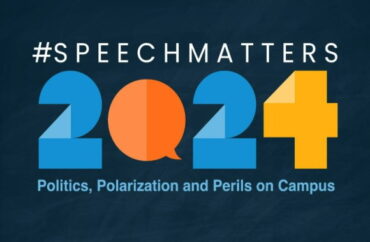
The University of California’s National Center for Free Speech and Civic Engagement often appears more focused on managing so-called disinformation and alleged hate speech than promoting and advancing unfettered free speech, according to a new investigation.
The results of a major Freedom of Information Act request by Racket News produced 1,400 pages of emails and other documents to paint a picture that shows “the group has more in common with a political NGO than an academic entity committed to free expression.”
“While it should come as no surprise that American universities are hotbeds of left-liberal groupthink, these latest FOIA disclosures reveal just how ideologically cloistered the chief players at the Center are. There’s little to no evidence of any dissent or deviation from the prevailing orthodoxy on college campuses,” Racket reported Oct. 16.
The FOIA project is part of a relatively new effort by the news organization — led by best-selling author and reporter Matt Taibbi — called the Censorship Files that targets “publicly-funded ‘anti-disinformation’ programs, which are misnamed.”
The mission statement of the UC system center, founded in 2017, is to “explore the intersection of expression, engagement and democratic learning and consider what can be done to restore trust in the value of free speech on college campuses and within society at large.”
Its Executive Director Michelle Deutchman originally responded this month to The College Fix’s interview request seeking more information, but did not respond to subsequent emails.
Contacts at the free speech center, UC Irvine’s media affairs team, where the center is housed, and the UC system’s media affairs division, did not respond to The College Fix’s requests for comments regarding the Racket report.
In one of the documents obtained by Racket, in a 2020 email, Deutchman wrote “I think she exemplifies leadership” referring to Lauren Robel, an administrator at Indiana University Bloomington. Robel had threatened booting from campus four students who did not want to comply with strict COVID protocols at the time.
In February 2021, an intern proposed the general focus of “Build Back Better” for the #SpeechMatters annual conference, referring to the Biden administration’s slogan, according to another email obtained through the FOIA. He went on to suggest “Challenges and Opportunities for the Future of Speech and Engagement” as an overarching theme.
Then-UC President Michael Drake was also touted as a good option to moderate a panel for the same conference.
Corey Feinstein, who at the time was the university’s associate director of presidential engagement and outreach, “cited Drake’s forceful condemnation of the Capitol riot and his support for the COVID-19 vaccine as reasons why he might be able to give a good speech on the merits of science,” Racket reported.
A few days later, Vijaya Gadde, then-chief legal officer at Twitter and a member of the center’s National Advisory Board, was asked to speak at the conference by Deutchman, who “hoped that Gadde would be able to discuss the role she played in orchestrating Trump’s Twitter ban.”
Gadde had been instrumental in stricter Twitter regulations on what users can say and post.
In 2022, some center members also appeared to side against Dr. Scott Atlas, former chief of radiology at the Stanford University Medical Center, for his opinions relating to COVID. Atlas, a member of Trump’s Coronavirus task force, questioned the effectiveness of state-enforced lockdowns, masks, and social distancing.
The center met a few weeks after Atlas was condemned for his views by Stanford’s Faculty Senate to discuss whether Atlas’ views were protected by academic free speech.
“Dana Nelkin, a philosophy professor at UC San Diego, seemed to draw a distinction between academic freedom and cases in which faculty members promote ideas with the potential to harm the general public, especially in the context of a pandemic,” according to Racket News.
Medical Professor Suneil Koliwad from UC San Francisco added: “I second Dana’s suggestion regarding ‘academic freedom’ vs. institutions passing on their obligation to deal with faculty who say and do things with significant chance to harm the public in the context of a pandemic or other future event.”
Koliwad went on to state that the “issue with Scott Atlas has hit us very hard as scientists in the area of human health, from basic to clinical to epidemiological.”
Racket News published all 1,400 pages from the FOIA on its Substack.
Additional findings include some frustration that well-known free speech proponent Keith Whittington’s new Academic Freedom Alliance was given “center stage” at the third annual #SpeechMatters conference.
In the past, Deutchman also included a member of the controversial Stanford Internet Observatory for a #SpeechMatters conference panel. The observatory, it is now known, engaged in election-time censorship.
MORE: Stanford doctor hailed as ‘intellectual freedom’ leader for challenging gov’t on COVID
Like The College Fix on Facebook / Follow us on Twitter

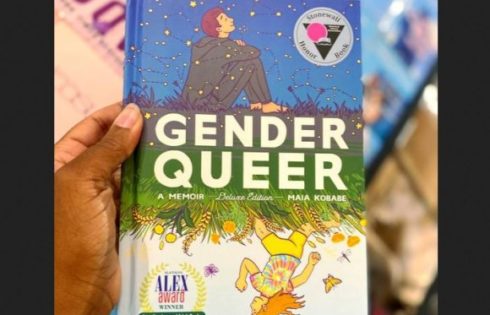
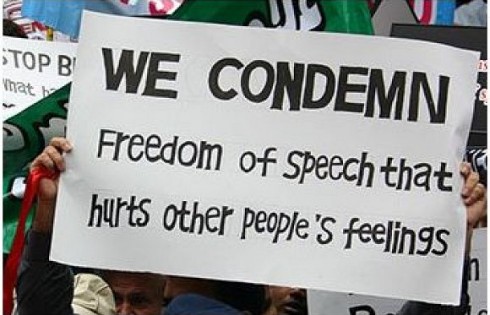

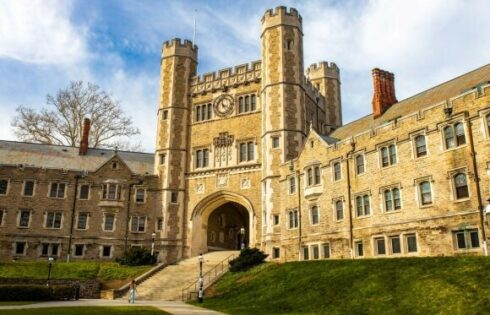
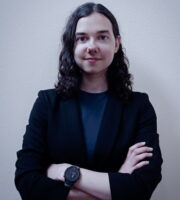
Please join the conversation about our stories on Facebook, Twitter, Instagram, Reddit, MeWe, Rumble, Gab, Minds and Gettr.